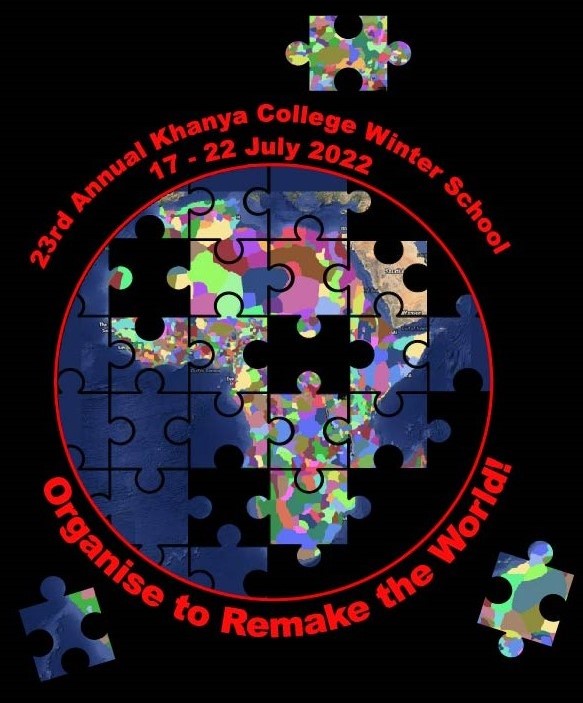Simphiwe Dlamini (63) is an African Reclaimer that was born at Muzimhlophe in Soweto in the 1960s. He attended primary school at Mosepedi in 1967. From here he progressed to Thulasizwe High Primary in 1973. Then he went to Jabulani Technical school in 1976. He grew up in a talented and loving family, both parents present in his life and other siblings. Dlamini’s father was a mechanic by profession however, also a musician focused on the isicathamiya. The father raised them well and guided them on a path where they can develop their skills.
He has always been passionate about arts; he loved to draw and create wire cars at a very young age. His dream was to build a motor trading business, but due to the injustices and oppression they were facing under the educational system of the apartheid regime, this vision was not achieved. After riots that led him to quit school in 1976, he then started the process of getting a license and becoming a driver. The activist believes that it took him and mostly his qualities, to conduct himself, gain self-discipline, and confidence and build boundaries regarding his lifestyle.
During the Soweto uprising and the era of the Sharpeville massacres. Dlamini experienced a lot of police brutality and was exposed to events that left him in trauma. He experienced the killing of people during the violence, however, the assassination of his father, by the Inkatha Freedom Party who worked with the national party at the time, led and ignited the activist in him.
The activist took a long thought and consideration to the social issues that take place daily and affect the lives of communities. He focused on recycling work to make a living. Through this job he can generate an income that allows him to live a sustainable life. He has managed to feed his kids and helped them to finish their studies at varsity.
The challenge Dlamini faces is the stigma, behind him is a waste picker. However, he is thankful to organisations such as Khanya College, for educating and expanding his knowledge.
This article was submitted as part of the Imbila Yesu publication produced daily for the duration of the Winter School in 2022 (17-22 July 2022). It appeared in Edition No. 1, released on 22 July 2022.
You may republish this article, so long as you credit the author and Karibu! Online (www.Karibu.org.za), and do not change the text. Please include a link back to the original article.


 Download PDF
Download PDF